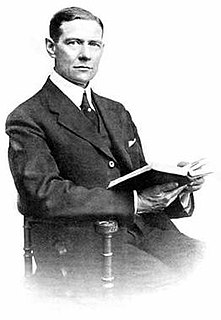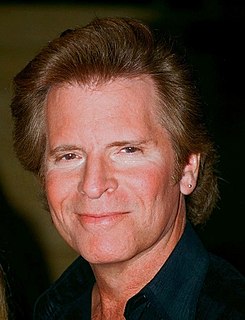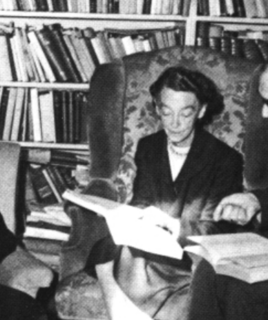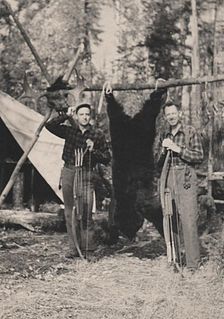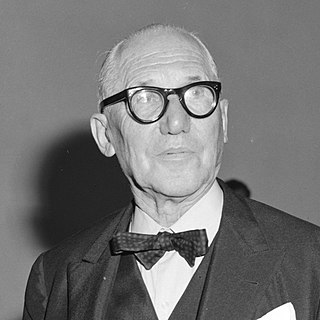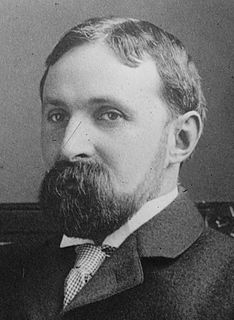Top 1200 Written History Quotes & Sayings - Page 18
Explore popular Written History quotes.
Last updated on April 20, 2025.
Lifes That Way was an extraordinarily difficult book to write, because it wasnt written as a book. It was written as a journal of events that were happening as I wrote it, without the space or time either to digest or analyze those events and without the hindsight and peace that writing in the aftermath would have provided.
I feel happy about the songs I've written. I'm a great lover of the craft of songwriting, and I sure admire it in other people when I see it - past and present. I feel comfortable with what I have accomplished. I feel happy to be able to work in that environment, and that I have a lot of songs left to be written, somewhere.
Rulers, Statesmen, Nations, are wont to be emphatically commended to the teaching which experience offers in history. But what experience and history teach is this - that people and governments never have learned anything from history, or acted on principles deduced from it. Each period is involved in such peculiar circumstances, exhibits a condition of things so strictly idiosyncratic, that its conduct must be regulated by considerations connected with itself, and itself alone.
Interestingly enough, there is a really different dynamic when you're directing something that somebody else has written compared to when you're directing something that you've written. And there's a good and a bad side to it. I think the bad side is that you never feel the same level of connection to the material - you just don't.
You are doing something over here and over there someone is telling you a joke, or giving you an important piece of information about sanitation, and no matter how weird the other subject is, there is a connection, or you can make a connection. I’ve always loved history and history is collage, it is a juxtaposition of the good and the bad and the strange, and how you place those sentences together changes the whole mood of a history.
'A Naval History of Britain' which begins in the 7th century has to explain what it means by Britain. My meaning is simply the British Isles as a whole, but not any particular nation or state or our own day... 'Britain' is not a perfect word for this purpose, but 'Britain and Ireland' would be both cumbersome and misleading, implying an equality of treatment which is not possible. Ireland and the Irish figure often in this book, but Irish naval history, in the sense of the history of Irish fleets, is largely a history of what might have been rather than what actually happened.
As a historian I understand how histories are written. My enemies will write histories that dismiss me and prove I was unimportant. My friends will write histories that glorify me and prove I was more important than I was. And two generations or three from now, some serious sober historian will write a history that sort of implies I was whoever I was.
I've got a number of stories written so far in that mythos, more lined up to be written, and a narrative arc taking shape between them. I was experimenting with releasing the stories online for Paypal donations, so the existing ones are currently available via the blog for free download, but the ball didn't keep rolling in terms of meeting the targets I was setting.
I structure the scripts and work on them on films and work on scenes with writers and but I haven't written a script myself, I really respect what they do and I'm fortunate I get to work with people that I really enjoy working with and we all kind of spitball and work together on these things, but I haven't written a script yet.
The idea of a judgment of history is secularism's vain, meaningless, hopeless, pathetic attempt to devise a substitute for what the great Abrahamic traditions of faith know is the final judgment of almighty God, who is not an impersonal force. History is not God. God is God. History is not our judge. God is our Judge.
It’s amazing how quickly something gets written. Now, when it comes, it can be on a bus, or in a store. I’ve stopped in Macy’s and written on a dry-goods counter and then suddenly had a whole piece of writing for myself that was accomplished, where earlier in my life I felt I had to spend a week in a house somewhere in the country in order to get that. Conditions change.
Where we're telling the story of the history of the ensemblist [in the "Ensemblist Essentials"], using the nine musicals that have won the Pulitzer Prize for Drama as fixed points in time We're going from 1931 to 2016 and using these shows to talk about what the typical show was like for an ensemblist at the time; did this show change anything about that job, while it was changing everything about the way theatre was written and produced and made?








